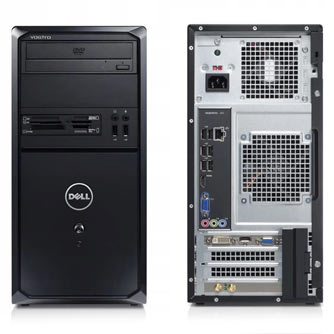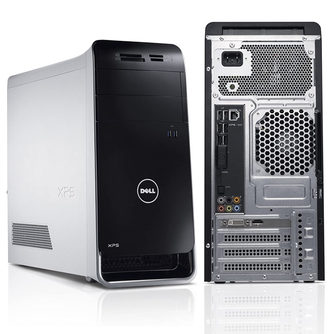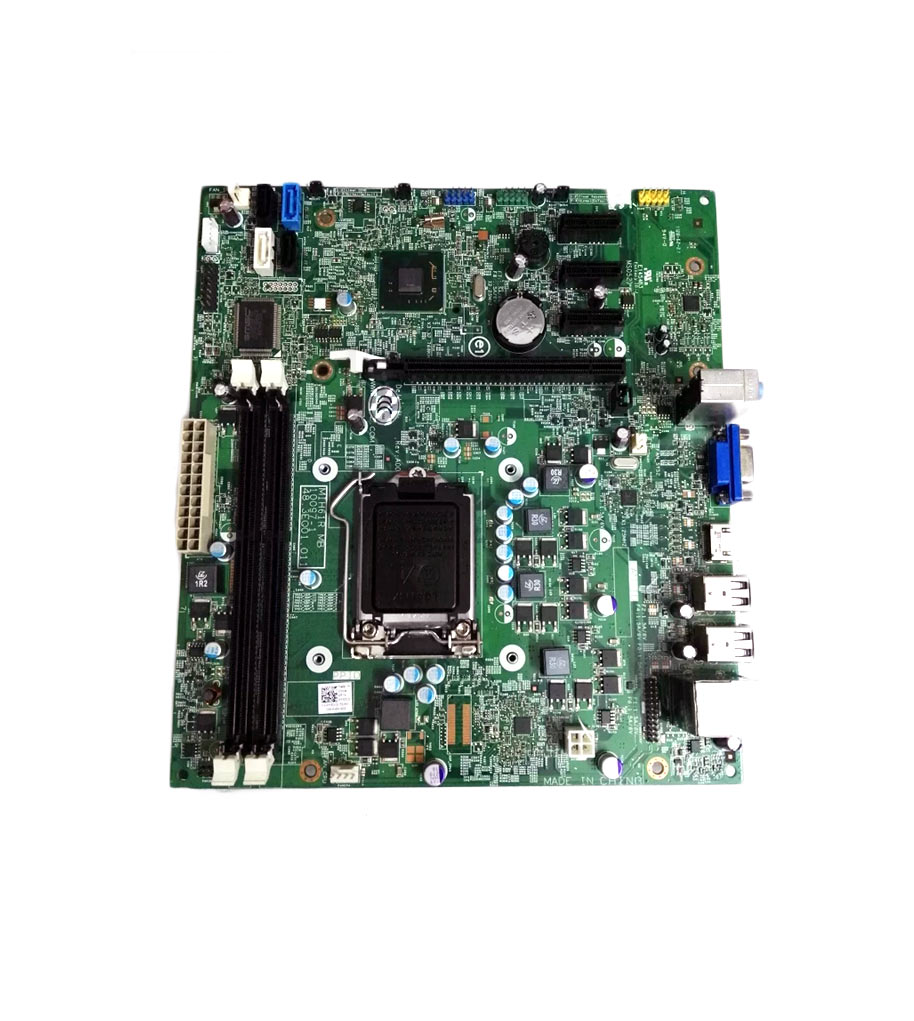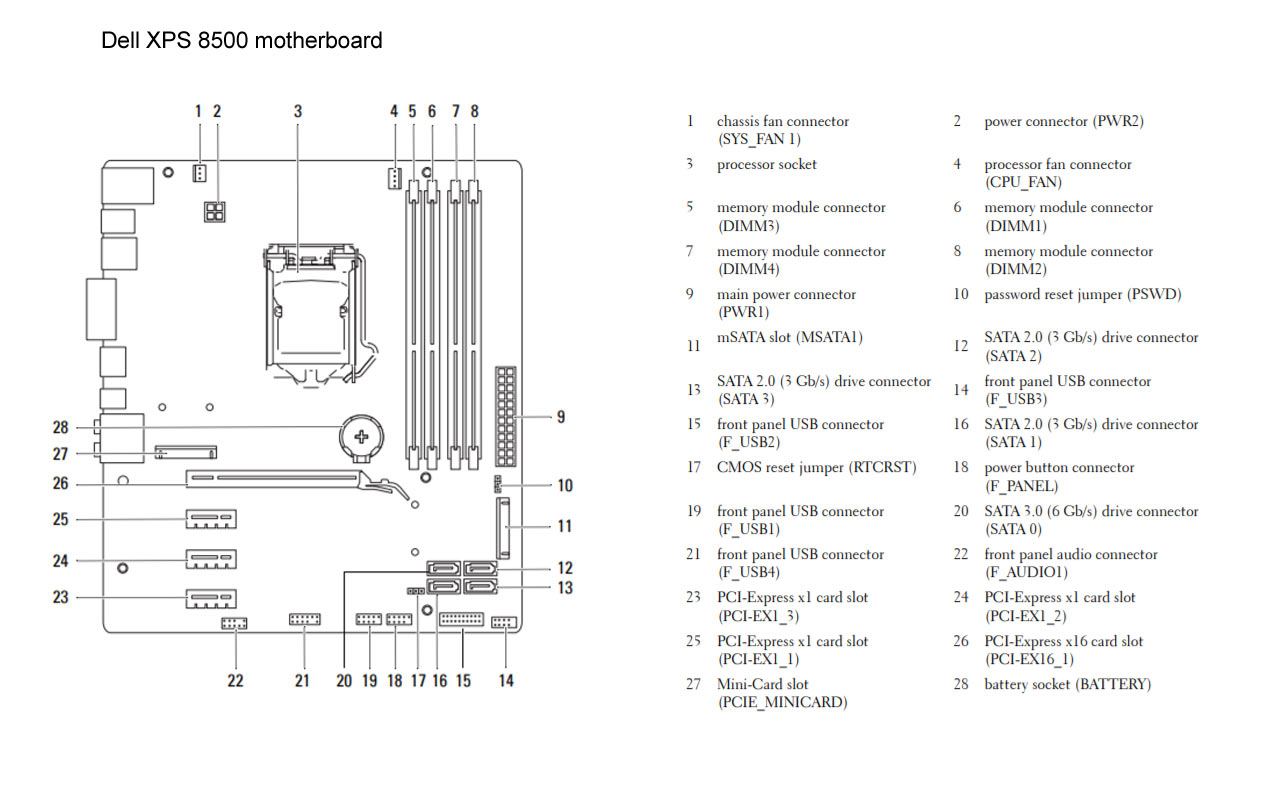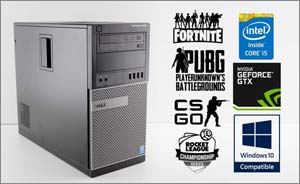Dell Vostro 260 vs. Dell XPS 8500
Comparison and Differences
Differences between Dell Vostro 260 and Dell XPS 8500
If you are looking for a more modern desktop, then you should go with the Dell XPS 8500 which was released in 2012. The Dell Vostro 260 is older and entered production in 2010.
Both models have the same form factor, meaning reoughtly they have the same phiysical size and form.
Processor
Usually the newer the generation of the CPU, the better the performance and efficiency is. If your budget allows it, you should go with the Dell XPS 8500 as it is running a newer generation CPU. This is not to say that Dell Vostro 260 is bad - it can still run some powerful CPUs, albeit being an older generation.
Memory
The Dell XPS 8500 has 4 RAM slots while the Dell Vostro 260 has only 2 slot(s). This is not something to worry about. Just make sure you take it into consideration when planning how much RAM you are going to use.
The Dell XPS 8500 is using the faster 1600 MT/s RAM. The Dell Vostro 260 is slower by supporting RAM speeds of up to 1333 MT/s. Additionally, if you will be needing a lot of RAM, better go for the Dell XPS 8500 as it has the ability to run 32 GB of RAM. The Dell Vostro 260 can do a bit less at max 8 GB. Most of the times, this should be sufficient for the majority of users.
Ports
In total the Dell XPS 8500 has 9 USB ports. The Dell Vostro 260 is inferior in this regard and packs 8 USB ports. In any case, if you miss USB ports, you can always purchase a USB hub. None of the desktop models has a USB 3.1 port (10Gb/s), so if you need a fast connection to your peripherals, like external Solid State Drive, you will need to look elsewhere.
Nowadays, almost every new computer comes equipped with a DisplayPort. However, none of the devices being compared here has one. Don't worry though, DisplayPort adapters are very cheap and you can get virtually any combination of conversion types.
In case your monitor supports HDMI only, you will be happy to hear that both models come with an HDMI port.
SATA slots are located on the motherboard and it is where SSD, HDD and Optical Disk Drives are connected. Each of the two models being compared have 4 SATA slot(s). Keep in mind that having too few SATA slots might limit your options for connecting additional memory drives.
M.2 SSD interface allows you to transfer data with higher speeds compared to the old SATA interface. Unfortunately, neither the Dell XPS 8500, nor the Dell Vostro 260 has one. However, you can still use a SATA SSD drive which should give you satisfactory performance.
Make sure that the available M.2 slot supports the PCIe (also called NVMe) interface. This is important as there are M.2 slots which support only the inferior SATA III interface. For comparison, the SATA III interface has max speeds of 6Gb/s, while the PCIe 3.0 x4 will support speeds up to 32Gb/s!
Power Supply
Having a Power Supply Unit with high power rating is important, if you are going to use components which require extra power. The Dell Vostro 260 comes with a decent 300 Watt PSU, but the Dell XPS 8500 has a more powerful one rated at 460 Watts. Choosing either one depends on your specific requirements and use case. Also don't forget that some models might have more than one PSU option - try to always get the most powerful one, especially if you plan to upgrade to a powerful GPU.

